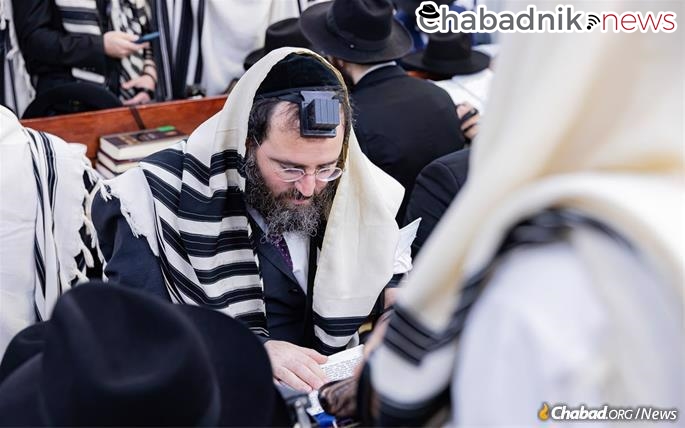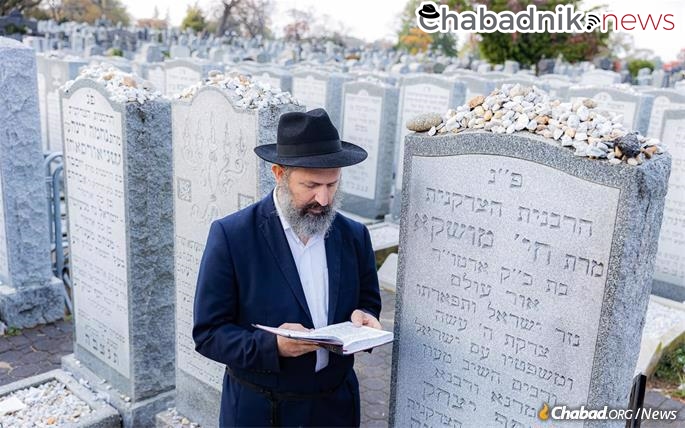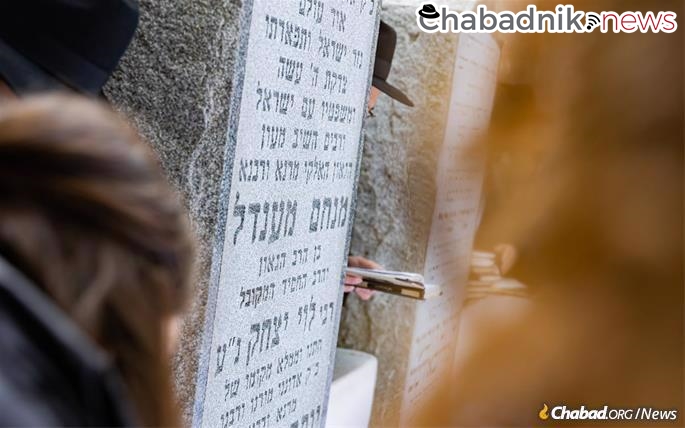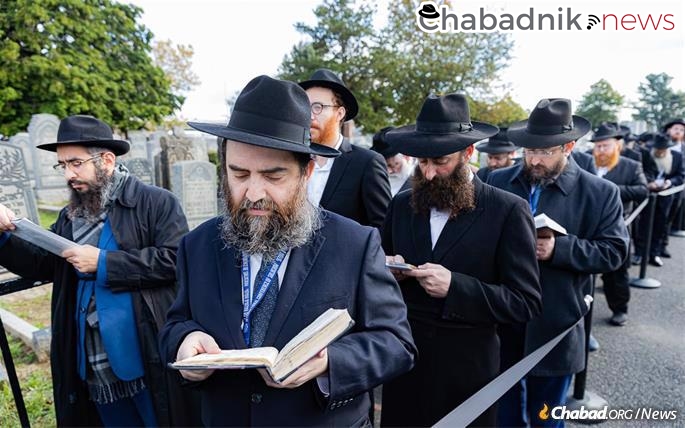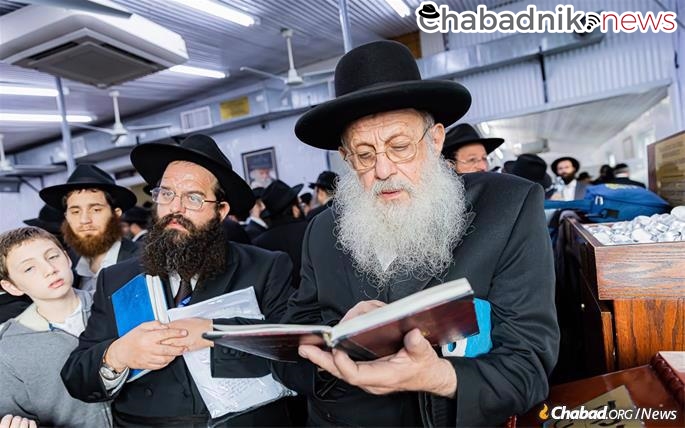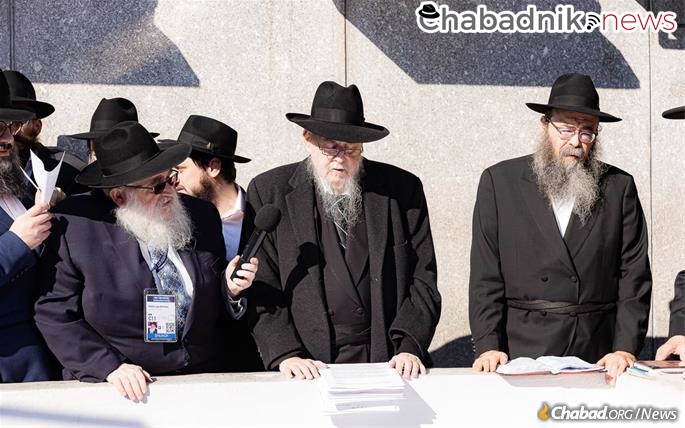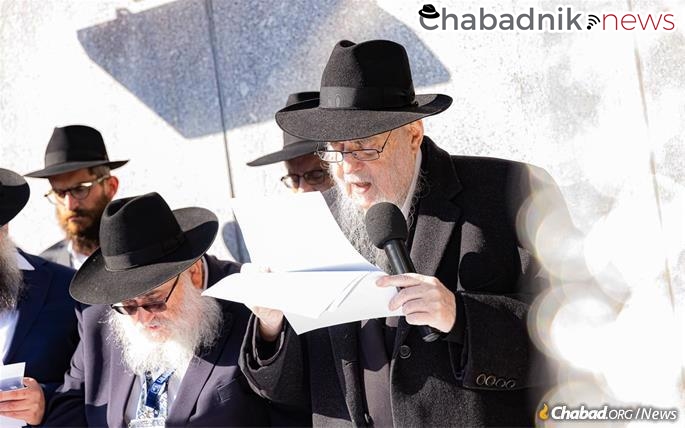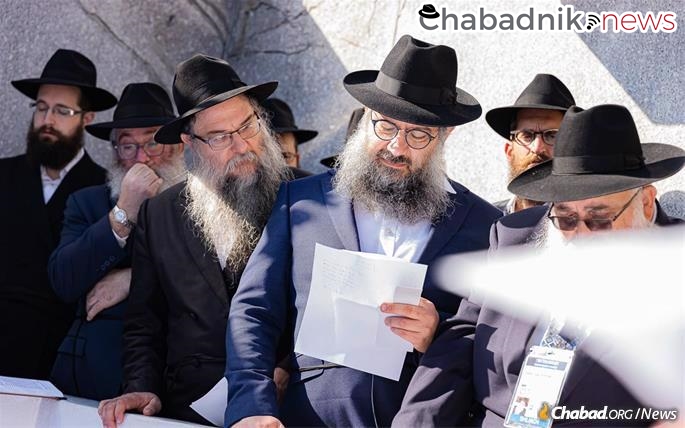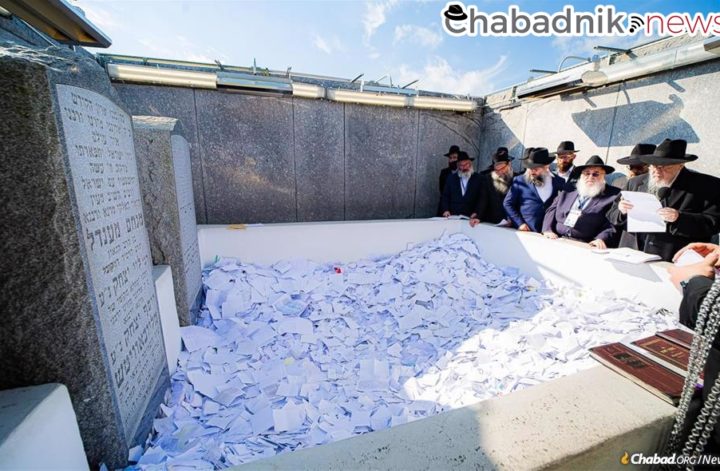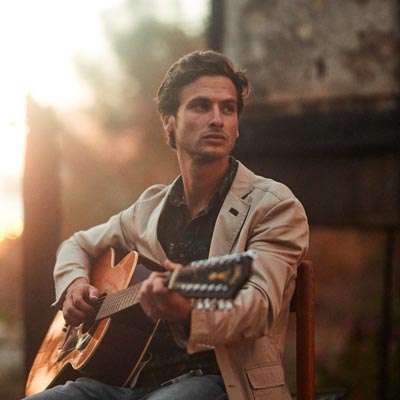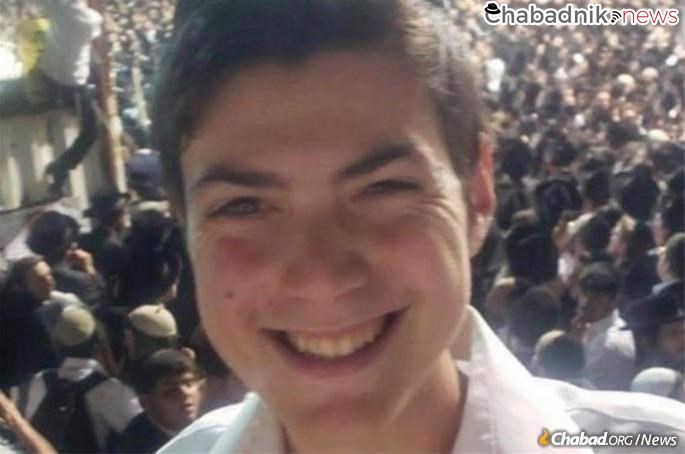Praying on behalf of the communities they serve and the entire Jewish people
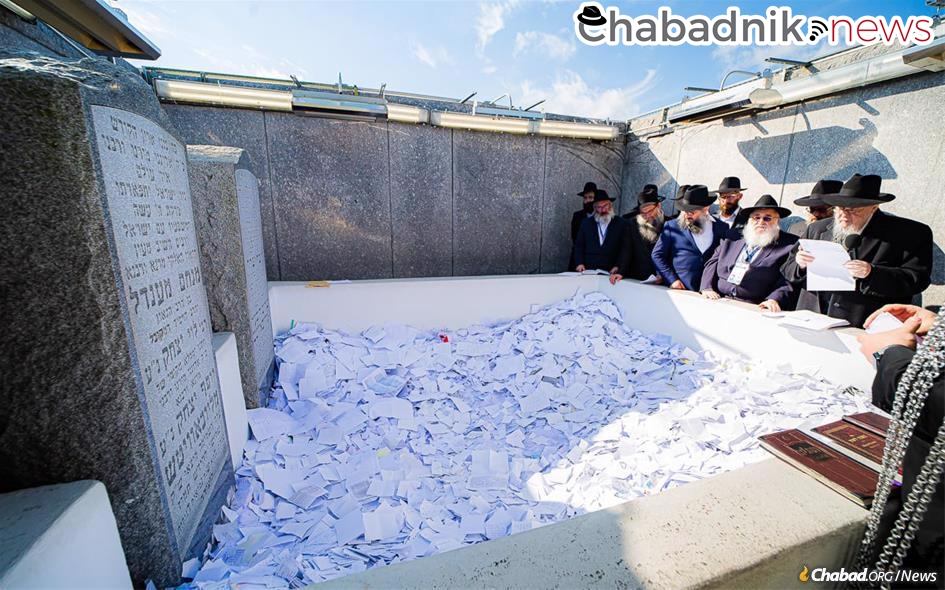
QUEENS, N.Y. —They came from far and near, like children returning home. Single file, the thousands of Chabad-Lubavitch emissaries each passed through rows of tombstones to pray at the Ohel, the resting place of the Rebbe, Rabbi Menachem M. Schneerson, of righteous memory.
The annual visit by the thousands of rabbis to the Ohel during the International Conference of Chabad-Lubavitch Emissaries is an emotionally charged experience, as they pray both personally and collectively for their families, for the Jewish communities they serve, and for everyone they come in contact with throughout the year. For many, the pandemic took away the opportunity to visit the Ohel last year, and they’re grateful to finally be able to return once again.
Always an intensely spiritual moment, many say that the visit to the Ohel is the high point of their annual gathering. As the emissaries prepared to file into the small enclosure, they sang moving Chassidic melodies, and strengthened their commitment to the communities they live in and to the Jewish people as a whole.
The piercing, emotional depth of the day was given voice when Rabbi Moshe Kotlarsky, vice chairman of Merkos L’inyonei Chinuch—the educational arm of the Chabad-Lubavitch movement—read the collective prayer request on behalf of all the shluchim. Beseeching the Rebbe to intercede on H high, Kotlarsky’s voice rose and fell, at times overcome with tears with pleas for a complete healing for all who are ill.
Kotlarsky concluded the lengthy letter, filled with requests for blessings for the entire Jewish people and the world at large, sobbing with emotion and imploring G‑d to bring the final redemption and end all pain and suffering.
Clutching a thick stack of prayer notes from members of the Utah Jewish community, Rabbi Avremi Zippel, program director of Chabad-Lubavitch of Utah, told Chabad.org that he’s come to pray for the health and wellbeing of the community he serves. “I pray for the Rebbe’s blessings that my wife and I continue to have the commitment, passion and ahavat yisrael to serve our community,” Zippel said. For him, the Ohel visit is the highlight of the conference itself. “Shluchim from around the world, serving vastly different communities, we all come together today bound by a common goal, united as we face the Rebbe and recommit ourselves to his ideals.”
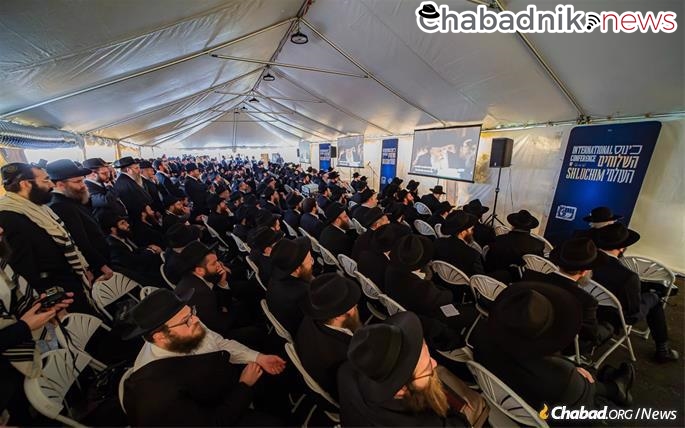
Coming from Toronto for the first time in well over a year, Rabbi Shmuel Neft of JRCC Rockford in North York, Ontario, Canada, feels the same way. “This visit is all the more meaningful after not being able to visit for so long. The heavens are open at this moment, I pray for my community members and their families.”
The pandemic has contributed to the atmosphere pervading the Ohel, and the prayers being recited. Rabbi Eli Levy, co-director of Beit Jabad Colegiales in Buenos Aires, Argentina, and a member of Chabad.org’s Spanish language team, hasn’t been able to visit in many months. He’s come with the names of people who’ve asked him to pray on their behalf. As someone who interacts virtually with Spanish speakers from around the world, Levy says the pandemic initiated a connection with many people who would otherwise not have walked into a bricks-and-mortar Chabad center. And the sheer volume of prayer requests shows it. “I have 2,000 names I’m praying for.”
More than just praying for their communities, the visit to the Ohel is a time to re-energize and recommit to their missions. “Throughout the year, we can go through the motions and do what we need to do, coming to the Ohel lets us refocus and reconnect,” says Levy.
Rabbi Dovid Tal is the director of Chabad of Timrat, a small village in Northern Israel. He serves approximately 500 families there, and is also a major in the Israeli Air Force, and an electrical engineer who was a key player in the development of Israel’s Remotely Piloted Vehicle program. He hasn’t been to the Ohel for more than two years.”It’s always an emotional time,” he said. “Just seeing all my brothers-in-arms, my fellow Shluchim, gives me the strength to continue my activities.”
